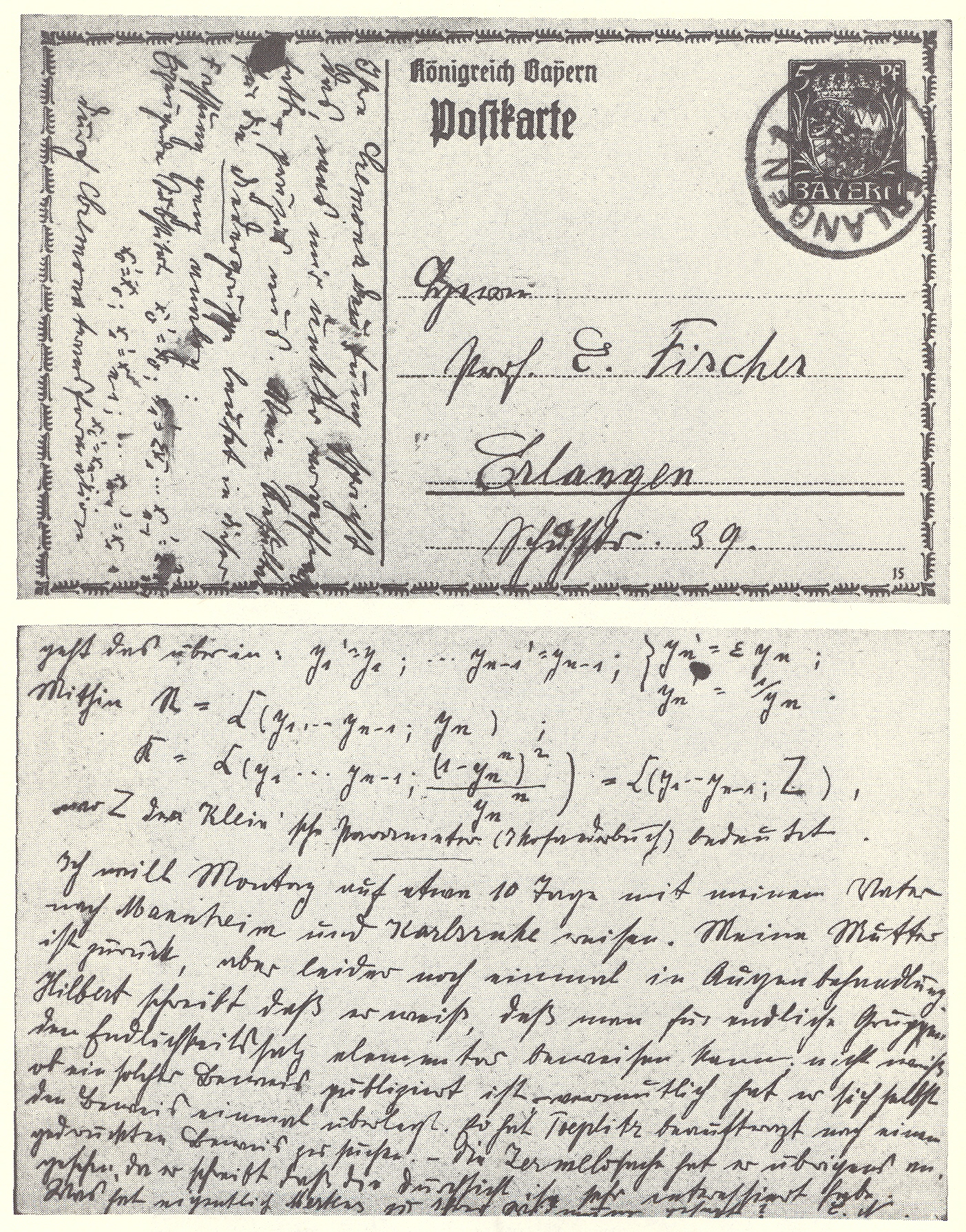|
Zariski Ring
In commutative algebra, a Zariski ring is a commutative Noetherian topological ring ''A'' whose topology is defined by an ideal \mathfrak a contained in the Jacobson radical, the intersection of all maximal ideals. They were introduced by under the name "semi-local ring" which now means something different, and named "Zariski rings" by . Examples of Zariski rings are noetherian local rings with the topology induced by the maximal ideal, and \mathfrak a-adic completions of Noetherian rings. Let ''A'' be a Noetherian topological ring with the topology defined by an ideal \mathfrak a. Then the following are equivalent. * ''A'' is a Zariski ring. * The completion \widehat is faithfully flat over ''A'' (in general, it is only flat over ''A''). * Every maximal ideal is closed. References * * * *{{Citation , last1=Zariski , first1=Oscar , author1-link=Oscar Zariski , last2=Samuel , first2=Pierre , author2-link=Pierre Samuel , title=Commutative algebra. Vol. II , publisher=Sprin ... [...More Info...] [...Related Items...] OR: [Wikipedia] [Google] [Baidu] |
Commutative Algebra
Commutative algebra, first known as ideal theory, is the branch of algebra that studies commutative rings, their ideals, and modules over such rings. Both algebraic geometry and algebraic number theory build on commutative algebra. Prominent examples of commutative rings include polynomial rings; rings of algebraic integers, including the ordinary integers \mathbb; and ''p''-adic integers. Commutative algebra is the main technical tool in the local study of schemes. The study of rings that are not necessarily commutative is known as noncommutative algebra; it includes ring theory, representation theory, and the theory of Banach algebras. Overview Commutative algebra is essentially the study of the rings occurring in algebraic number theory and algebraic geometry. In algebraic number theory, the rings of algebraic integers are Dedekind rings, which constitute therefore an important class of commutative rings. Considerations related to modular arithmetic have led to the no ... [...More Info...] [...Related Items...] OR: [Wikipedia] [Google] [Baidu] |
Noetherian Ring
In mathematics, a Noetherian ring is a ring that satisfies the ascending chain condition on left and right ideals; if the chain condition is satisfied only for left ideals or for right ideals, then the ring is said left-Noetherian or right-Noetherian respectively. That is, every increasing sequence I_1\subseteq I_2 \subseteq I_3 \subseteq \cdots of left (or right) ideals has a largest element; that is, there exists an such that: I_=I_=\cdots. Equivalently, a ring is left-Noetherian (resp. right-Noetherian) if every left ideal (resp. right-ideal) is finitely generated. A ring is Noetherian if it is both left- and right-Noetherian. Noetherian rings are fundamental in both commutative and noncommutative ring theory since many rings that are encountered in mathematics are Noetherian (in particular the ring of integers, polynomial rings, and rings of algebraic integers in number fields), and many general theorems on rings rely heavily on Noetherian property (for example, the LaskerÔ ... [...More Info...] [...Related Items...] OR: [Wikipedia] [Google] [Baidu] |
Jacobson Radical
In mathematics, more specifically ring theory, the Jacobson radical of a ring R is the ideal consisting of those elements in R that annihilate all simple right R-modules. It happens that substituting "left" in place of "right" in the definition yields the same ideal, and so the notion is left-right symmetric. The Jacobson radical of a ring is frequently denoted by J(R) or \operatorname(R); the former notation will be preferred in this article, because it avoids confusion with other radicals of a ring. The Jacobson radical is named after Nathan Jacobson, who was the first to study it for arbitrary rings in . The Jacobson radical of a ring has numerous internal characterizations, including a few definitions that successfully extend the notion to rings without unity. The radical of a module extends the definition of the Jacobson radical to include modules. The Jacobson radical plays a prominent role in many ring and module theoretic results, such as Nakayama's lemma. Definitio ... [...More Info...] [...Related Items...] OR: [Wikipedia] [Google] [Baidu] |
